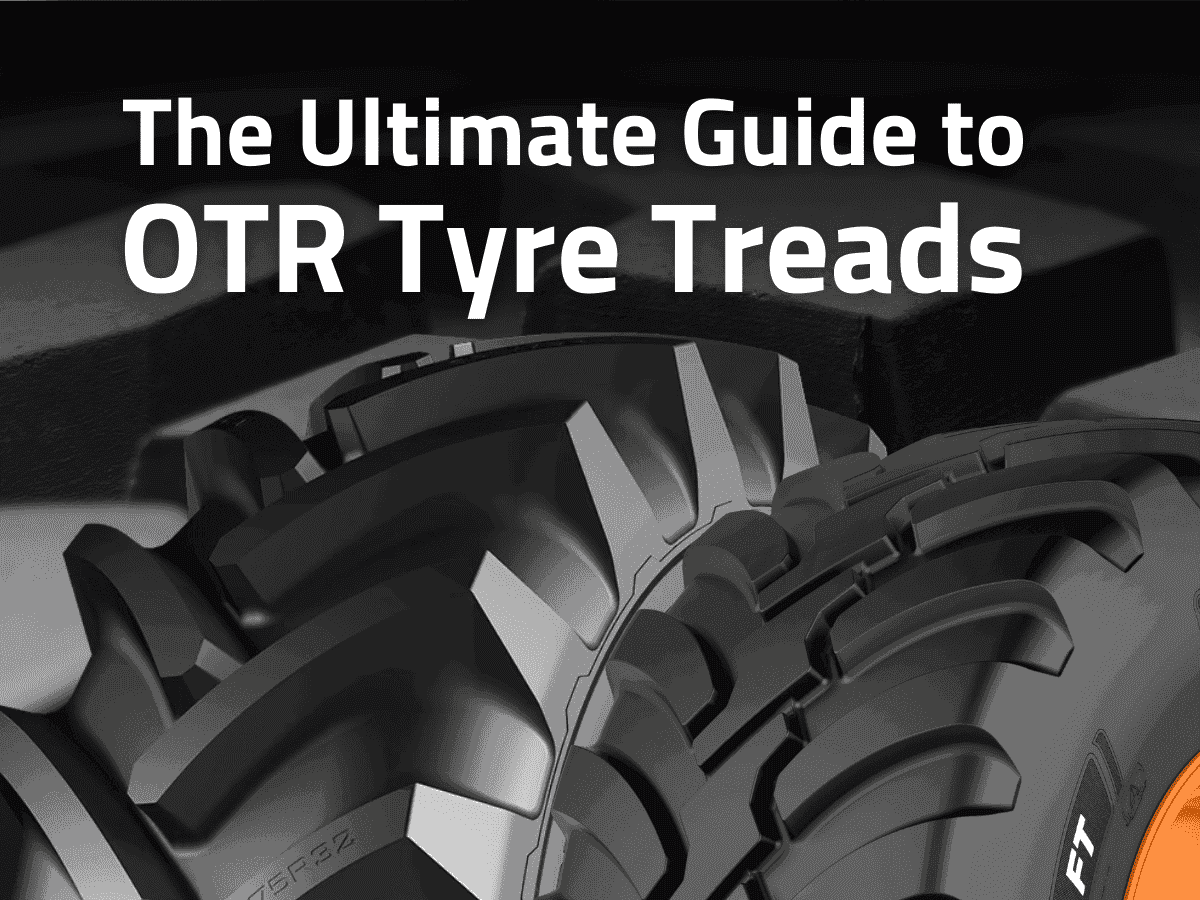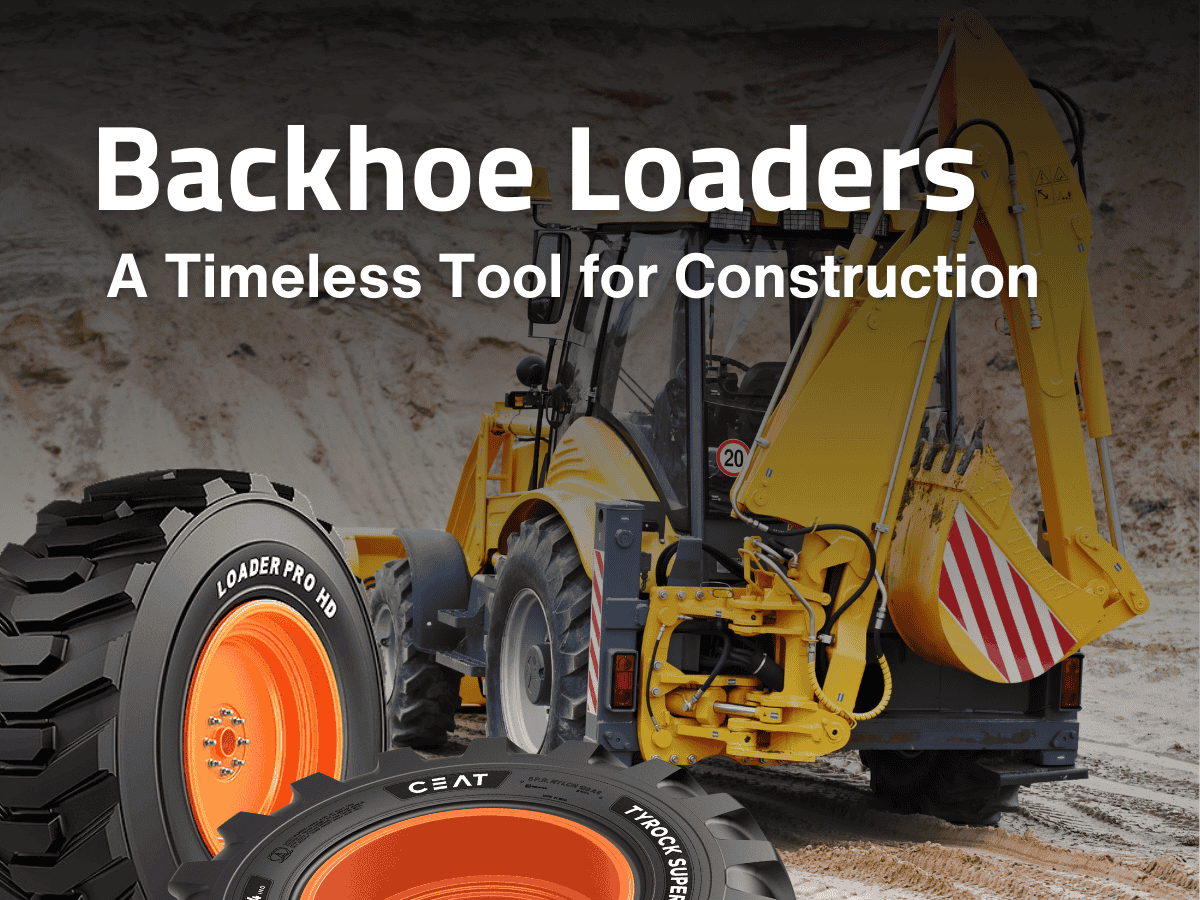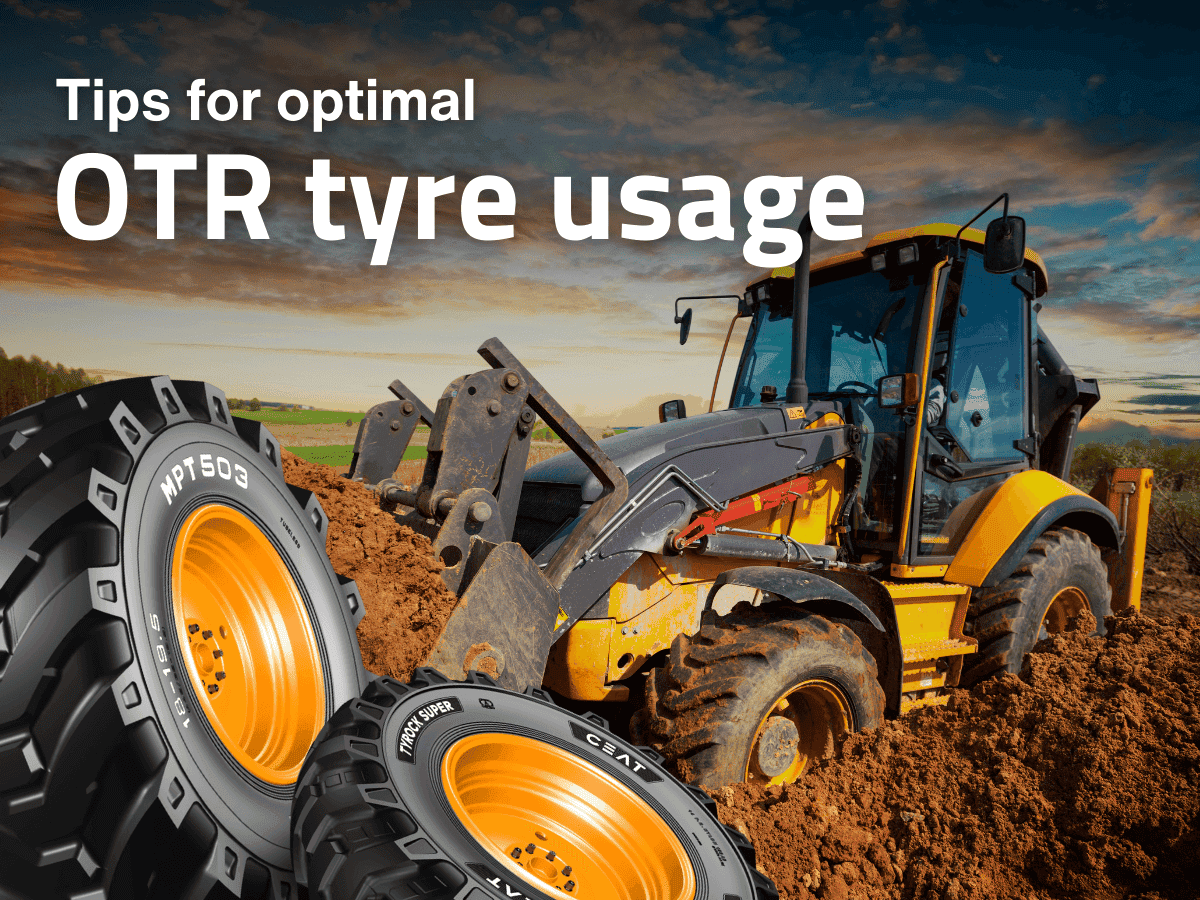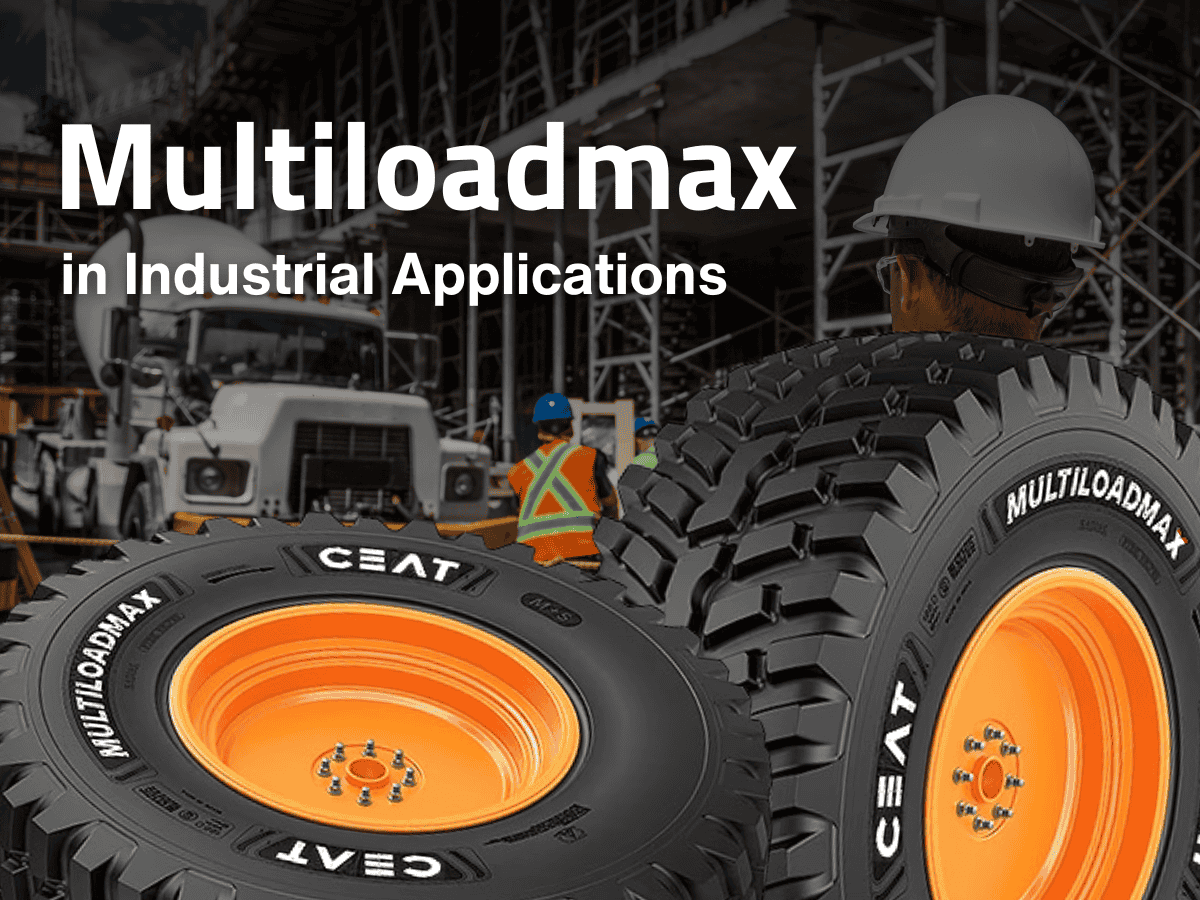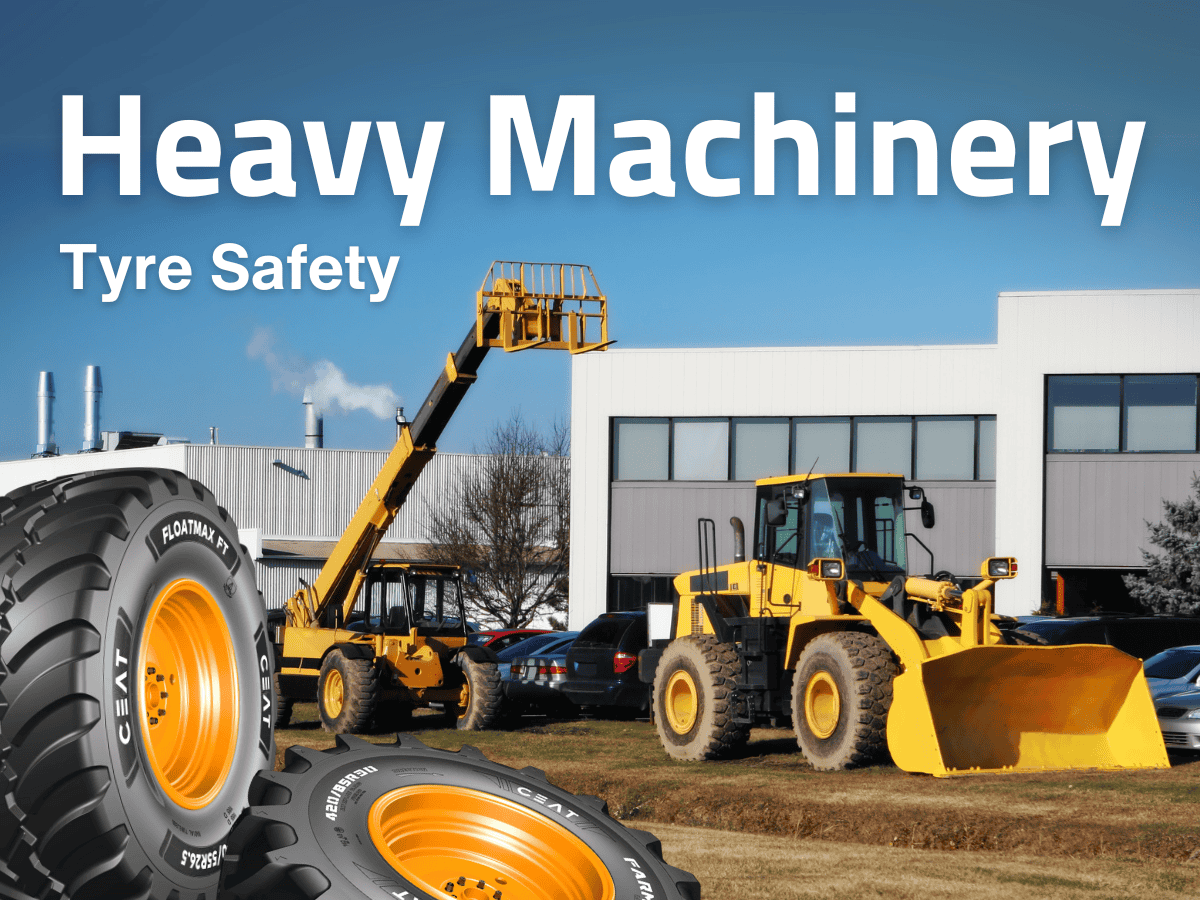ceat-speciality:blogs-tags/all,ceat-speciality:blogs-tags/construction-&-industrial
Essential Maintenance Tips for Your Heavy Construction Equipment
Wed, 24 Jul 2024 | PRODUCTS
Keeping your heavy construction equipment in top condition is crucial for a successful and profitable operation. Regular maintenance extends the lifespan of your machinery and ensures safety, optimizes performance and minimizes costly downtime. Here at CEAT Specialty Tyres, we understand the importance of a well-maintained fleet. So, we've compiled some essential maintenance tips to keep your heavy construction equipment running smoothly:
1. Master Your Machine
The first step? Become an expert on your excavator, dozer, skid steer, or whatever you operate. Luckily, you don't need a magic decoder ring – the owner's manual is your treasure map.
Make understanding the manual mandatory for everyone using your fleet. It's packed with gold:
- Recommended service intervals: Know when to maintain each component for peak performance.
- The right products: Use the manufacturer's recommended lubricants and parts for optimal results.
- Safe operating conditions: Ensure your equipment is always used within its limits to avoid damage.
Bonus tip: The manual can even be your hero when your machine throws a tantrum. It often includes troubleshooting guides to diagnose and fix basic malfunctions.
By mastering your machine, you'll keep it running smoothly and avoid costly repairs.
2. Follow the Manufacturer's Maintenance Schedule
Every piece of heavy equipment comes with a manufacturer-recommended maintenance schedule. This schedule outlines the specific procedures and recommended intervals for servicing your machine. Following this schedule religiously is vital for maintaining optimal performance and preventing future problems.
3. Document All Procedures
In construction, keeping meticulous records is key. The same goes for your equipment's health! Here's how documentation boosts your maintenance game:
- Detailed Maintenance Logs: Recording everything (communications, notes) ensures clear communication with mechanics, saving you time and money. Plus, each machine gets the right care.
- Easy-Access Maintenance Log: Make this a hero in your workshop! Hang a plexiglass-protected log with a grease pencil for easy updates. It should track time, maintenance performed, and the inspector's name. Make it a routine for each shift to fill a line and note any performance issues.
- Operator Notes on the Go: Equip each machine with a notepad and pencil. This allows operators to jot down performance observations while operating, providing valuable insights for future maintenance.
- Must-Have Log Details: Keep it simple yet informative. Each log entry should include the Project Name, Project Manager/Supervisor, Date and time, Problems/Comments, Maintenance Performed, and Name and signature.
4. Prioritise Regular Inspections and Cleaning
Regular inspections are the cornerstone of preventative maintenance. These inspections allow you to identify minor issues before they snowball into major repairs. During inspections, pay close attention to fluid levels, leaks, loose bolts, and any signs of wear and tear. A clean machine is also a happy machine. Dirt and debris buildup can trap heat, accelerate wear, and even hide potential damage. Regular cleaning, especially after use in harsh conditions, is essential.
5. Ensure Proper Lubrication
Friction is the enemy of machinery. Proper lubrication minimises friction between moving parts, reducing wear and tear and extending the life of your equipment. Use high-quality lubricants the manufacturer recommends, and ensure proper greasing intervals are followed.
6. Train and Sanction Operators
Your operators are behind the wheel (or joystick) of your expensive equipment. Proper operation practices significantly impact the longevity and performance of your machinery. Invest in operator training programs that cover safe operation techniques, preventative maintenance procedures, and how to identify potential problems.
7. Address Repairs On time
Don't ignore minor issues! Promptly addressing minor problems prevents them from escalating into major repairs. This not only saves you money in the long run but also minimises downtime and keeps your projects on schedule.
Bonus Tip: Maintain Proper Tyre Care
Heavy load tyres are crucial for performance, safety, and overall efficiency. Regular construction tyre inspections, proper inflation pressures, and timely replacements are essential for optimal tyre life and performance. At CEAT Specialty Tyres, we offer a wide range of high-quality, durable heavy machinery tyres specifically designed for the demanding requirements of the construction industry.
By following these essential maintenance tips, you can ensure your heavy construction equipment operates at peak performance, minimises downtime, and delivers a healthy return on investment. Remember, a well-maintained fleet is a productive fleet!


